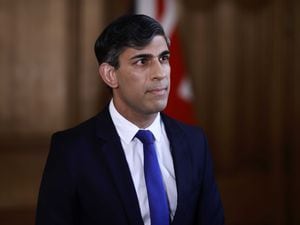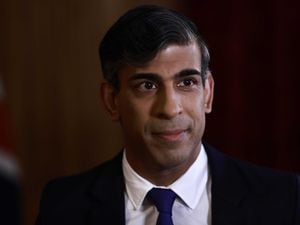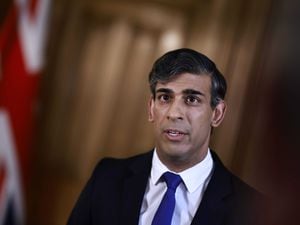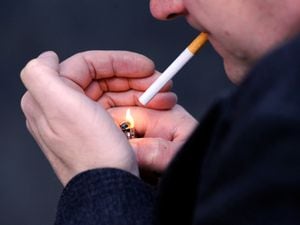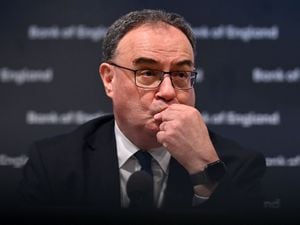Officer ‘talking’ in hospital as police probe ex-spy chemical weapon murder bid
Police have not named the nerve agent or how it was administered.
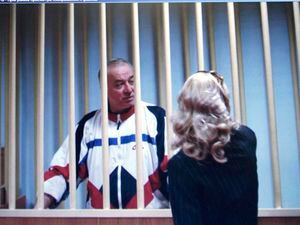
The police officer who rushed to the aid of a Russian ex-spy targeted with a nerve agent is talking in his hospital bed as detectives race to discover who was responsible.
Home Secretary Amber Rudd said the use of a chemical weapon on UK soil was a “brazen and reckless act” and the Government stood ready to act as a clearer picture emerged.
The policeman was not in intensive care but was still in a serious condition following the attack, in which a nerve agent, described by Ms Rudd as “very rare”, was used in an attempt on the lives Sergei Skripal, 66, and 33-year-old daughter Yulia.
Counter-terror police are working to unravel what is now feared to be a sophisticated chemical weapon plot amid heightened tensions between Britain and the Kremlin.
Ms Rudd refused to say whether she regarded Russia as responsible, saying the investigation should be based on “facts, not rumour”.
Addressing the House of Commons, Ms Rudd said: “The use of a nerve agent on UK soil is a brazen and reckless act.
“This was attempted murder in the most cruel and public way. People are right to want to know who to hold to account.
“We are committed to doing all we can to bring the perpetrators to justice – whoever they are and wherever they may be.”
Responding to a suggestion from Sir Edward Leigh, a Conservative former minister, that if Russia was responsible it amounted to an “act of war”, Ms Rudd said: “There will come a time for attribution and there will be, then, consequences and there will be further information that follows.”
Ms Rudd, who named the victims publicly for the first time, said Mr Skripal and his daughter “remain unconscious and in a critical but stable condition”.
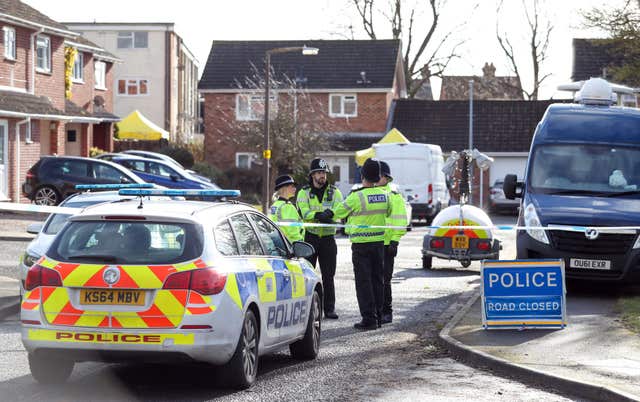
And General Sir Chris Deverell, who oversees military intelligence as head of the Joint Forces Command, said in a speech at the defence academy in Shrivenham on Wednesday that Russia could seek to control systems such as traffic signals and the power grid.
In his address, reported by the Daily Mail, he said: “They care only about what is in the interests of their elites. They don’t care about innocent people going about their lives. They are quite honestly capable of anything.”
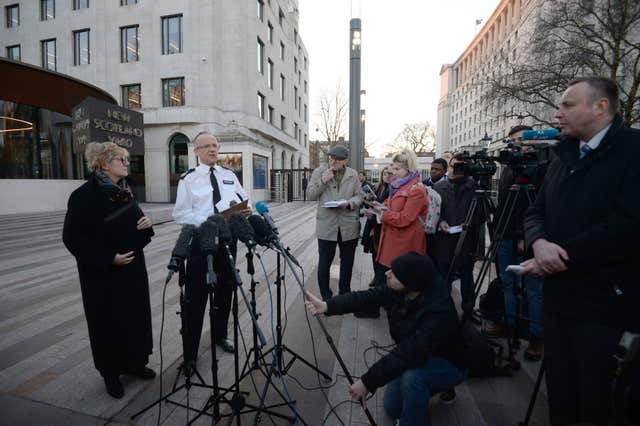
Assistant Commissioner Mark Rowley, the head of counter-terrorism policing, revealed on Wednesday that Sunday’s incident in Salisbury, Wiltshire, was being treated as attempted murder and the pair had been “targeted specifically”.
He declined to specify the nerve agent or how it was administered.
He said: “Our role now of course is to establish who is behind this and why they carried out this act.”
Police have appealed for anyone who was in Salisbury city centre on Sunday to come forward to help with the “missing pieces” in the case.
Hundreds of detectives, forensic officers and analysts are working on the case, which has drawn comparisons to the poisoning of former Russian intelligence officer Alexander Litvinenko on British soil in 2006.
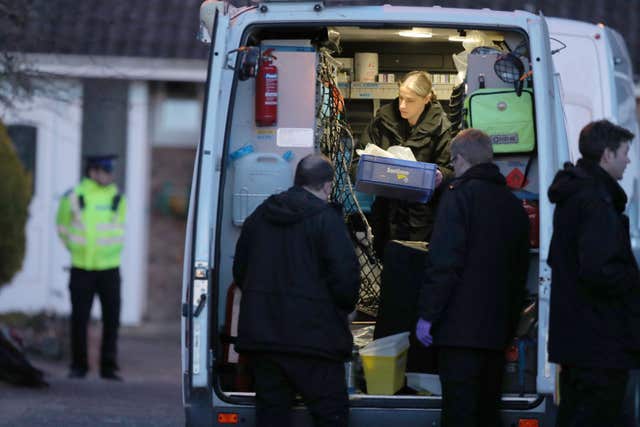
Kim Jong Un’s half-brother Kim Jong Nam was killed at an international airport in Malaysia last year in an attack using a nerve agent known as VX.
Another well-known nerve agent, sarin gas, killed more than 90 people in a rebel-held area in Khan Sheikhoun, Syria, drawing international condemnation of the Bashar Assad regime.
Access to such toxins are tightly regulated, meaning the Salisbury incident would have taken considerable planning to execute.
Russia has denied responsibility for the attack, which comes seven years after Mr Skripal was released from the country as part of a spy swap with the US.
He had been convicted in his home country in 2006 for passing state secrets to MI6.

